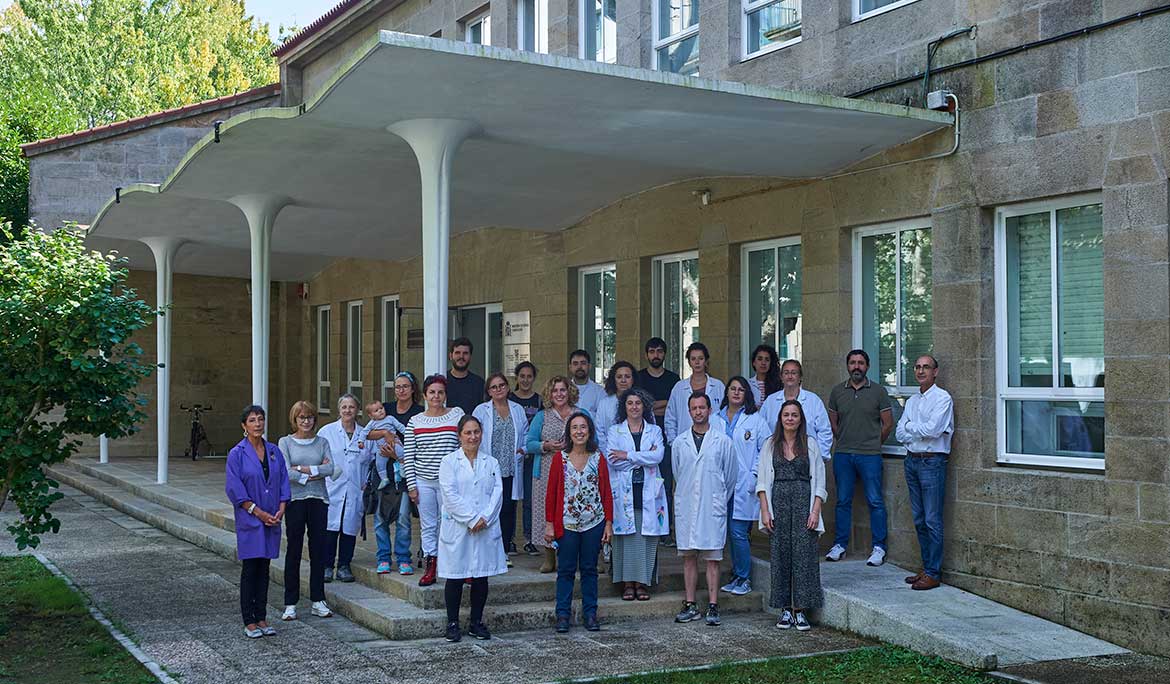Tipo de publicación:
Revistas indexadas en la Web of Science o en SCOPUS
Enlace a publicación:
https://doi.org/10.1016/j.jenvman.2016.09.019
Abstract
(Aided) phytostabilisation has been proposed as a suitable technique to decrease the environmental risks associated with metal(loid)-enriched mine tailings. Field scale evaluations are needed for demonstrating their effectiveness in the medium- to long-term. A field trial was implemented in spring 2011 in Cu-rich mine tailings in the NW of Spain. The tailings were amended with composted municipal solid wastes and planted with Salix spp., Populus nigra L. or Agrostis capillaris L. cv. Highland. Plant growth, nutritive status and metal accumulation, and soil physico- and bio-chemical properties, were monitored over three years (four years for plant growth). The total bacterial community, α- and β-Proteobacteria, Actinobacteria and Streptomycetaceae were studied by DGGE of 16s rDNA fragments. Compost amendment improved soil properties such as pH, CEC and fertility, and decreased soil Cu availability, leading to the establishment of a healthy vegetation cover. Both compost-amendment and plant root activity stimulated soil enzyme activities and induced important shifts in the bacterial community structure over time. The woody plant, S. viminalis, and the grassy species, A. capillaris, showed the best results in terms of plant growth and biomass production. The beneficial effects of the phytostabilisation process were maintained at least three years after treatment.
Grupos:
GRUPO DE REFERENCIA COMPETITIVA DE CONSERVACIÓN Y MEJORA DE SISTEMAS AGROFORESTALES
